Blog, Mission Possible, Aug 2016. Making a difference for future generations.
While education in the UK is taken as a granted, for children in Tanzania it can sometimes be regarded as a luxury. Children there are just as keen and willing to learn though, even if they show signs of lacking the basic necessities of life, as Mission Possible volunteers Asim Siddiqui and Nabil Ahmed found out.
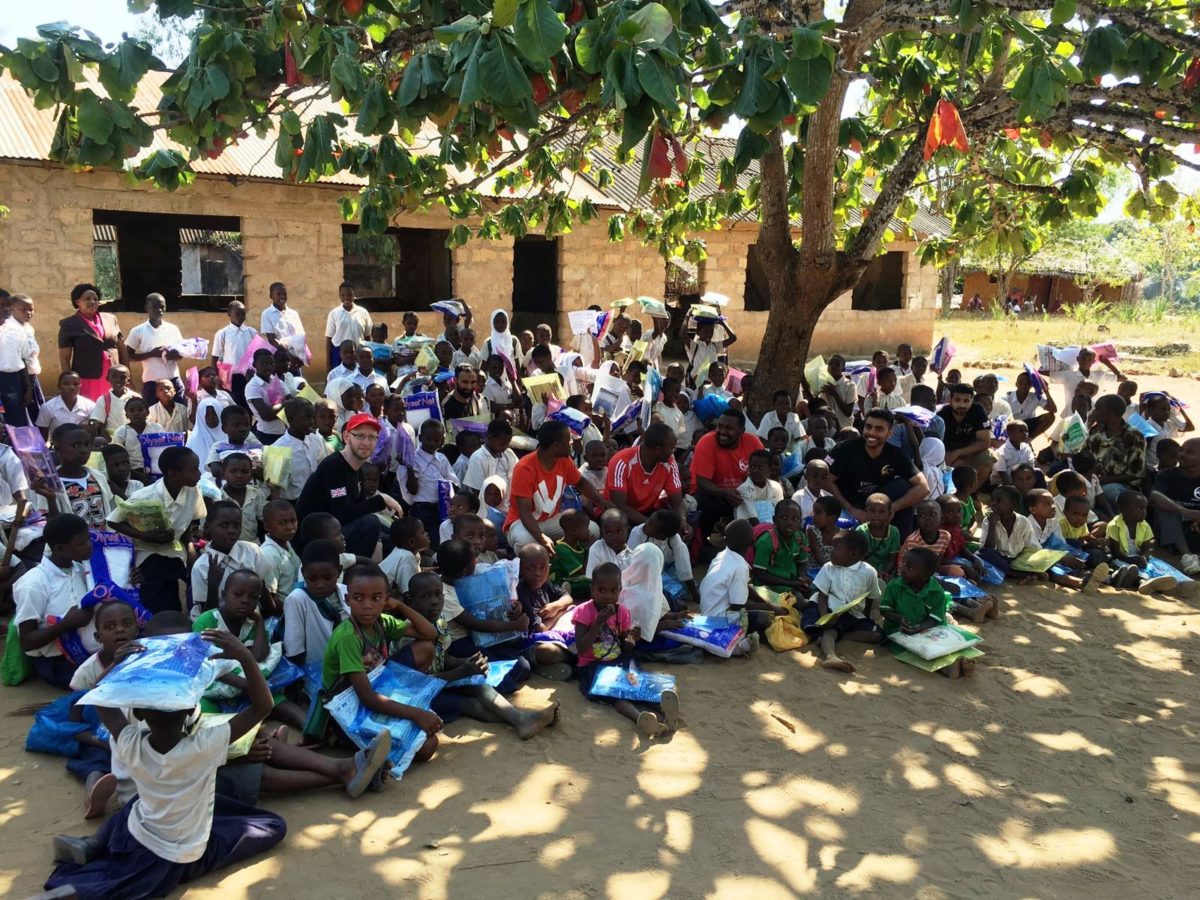
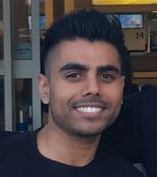
Asim Siddiqui: Today was a fun day. We visited two schools to distribute mosquito nets and stationery, coupled with awareness sessions on malaria and sanitation. It was quite eye-opening to see how different the children think of school here and back in the UK. It’s seen as a privilege and people are a lot more enthusiastic about answering questions.
It’s quite clear that these children could achieve so much more if they were given the opportunity. What’s more is that if you said to one of these children that they were being limited here, they might even look at you like ‘Hey what are you talking about, I have more opportunity than most of the kids in my village!’
I noticed one girl who wore a long headscarf but her skirt had a large tear on one of her thighs and her leg was exposed. Despite it being a fun day of handing out freebies to them, it was a bit sad seeing the state of the children.
One of the Islamic Help staff told me to give an extra pen and pencil to a particular girl who was born with HIV. Her mother has passed away and her grandmother now looks after her.
There was another young child, in the nursery school year, who was attending to an even younger child. The younger child was crying and she was attending to her like a mature adult almost. It’s quite clear that the children here have a lot on their shoulders and have had to become quite mature at a young age to get on with life.
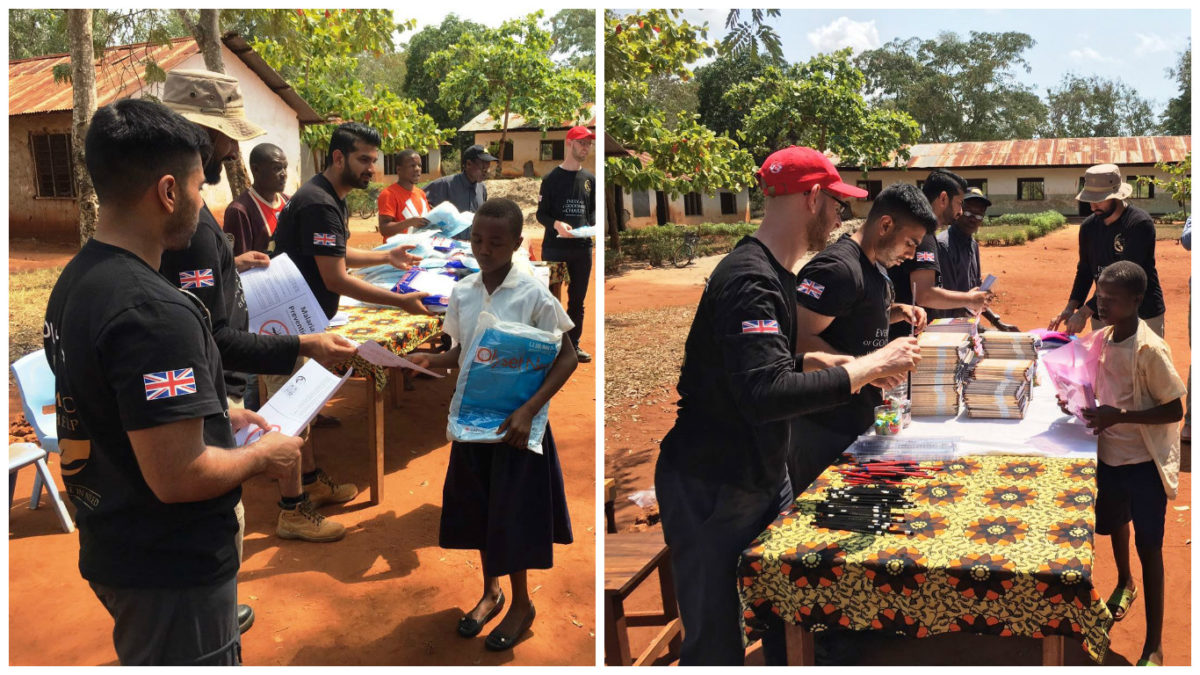
School here is a luxury, however the vast majority did not have any footwear let alone shoes. The vast majority of clothing was torn and dirty and some only had half of the school uniform on. It was slightly weird as I couldn’t quite tell if these kids had it good or bad. I’m sure they thought they had it quite good.
The teachers seem to have a really good relationship with the students and one of the songs they sang to us included a part praising the teachers. They have a great balance of having fun and being disciplined. One of them mentioned that they needed more though as currently three teachers were teaching 7-8 different school years.
Overall it was a good feeling distributing things which improved the health of the kids (mosquito nets) and also gave them some motivation (new stationery). Many did not have their own mosquito nets and we were pretty sure that the stationery we gave was a lot better than what they already had. It was a really good spend of our donors’ money.
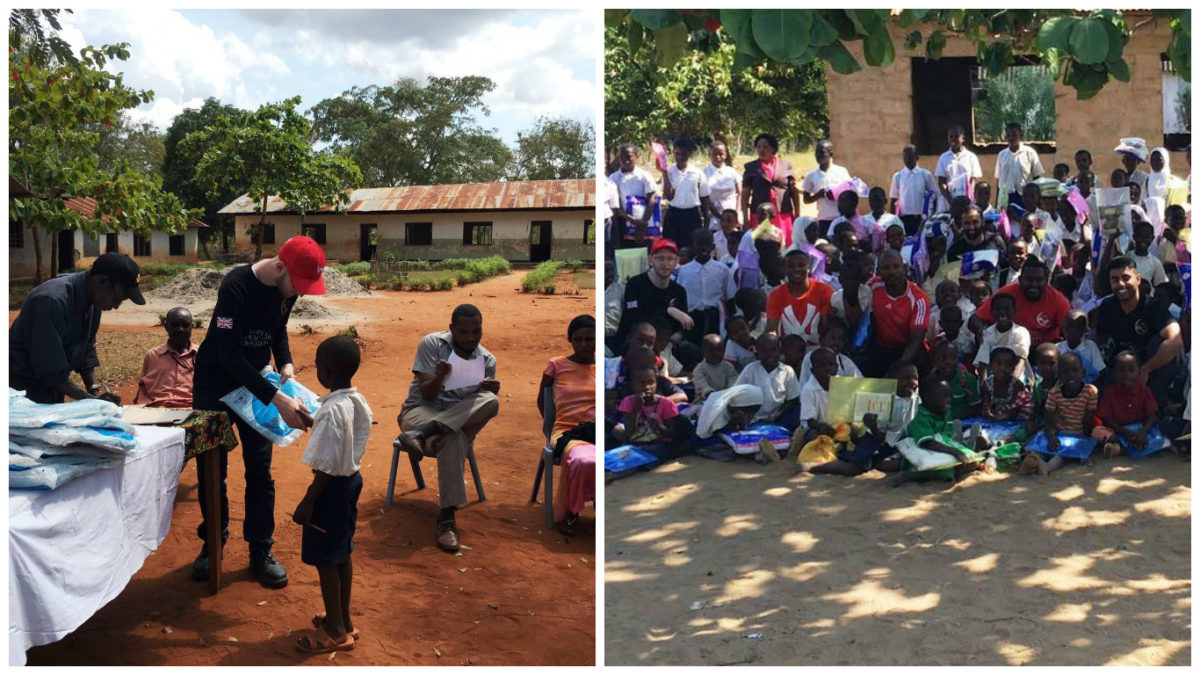

Nabil Ahmed: This morning the Mission Possible team was in Mzambarauni village to deliver sanitation and malaria prevention training to 68 school children. Both training sessions were led by Akeel with the rest of the team joining in as needed.
The sanitation training included showing the children the proper method of washing their hands. Within the malaria prevention we covered what attracts mosquitoes and symptoms of malaria. After the training all the children were given a mosquito net and a stationery set which included exercise books, pens, and pencils, amongst other things.
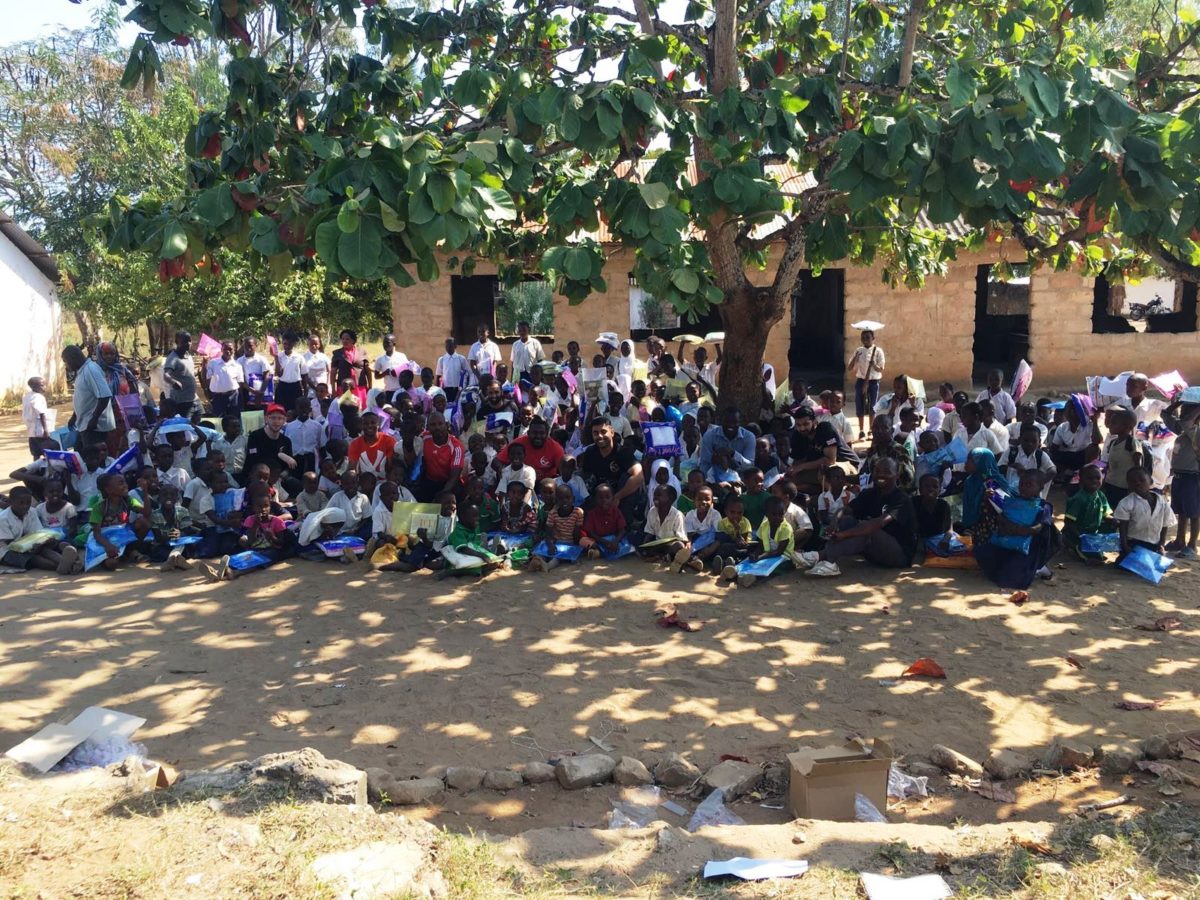
Next we went over to Ubangaa village where the school children were waiting to welcome us. They started the session by singing a traditional song, followed by a national song and the Tanzanian national anthem. All the teachers then welcomed and thanked us. We went through the malaria prevention training, handing a leaflet to the older children. All the children then received a mosquito net and stationery pack.
We ended the day back at the school in Mzambarauni, where we helped the fundis (builders) put in new flooring in the classroom we had helped plaster a few days ago. It was great interacting with the schoolchildren and giving them things that we take for granted but which will make a huge difference to these children.
Apply NOW!
Application for October 2016 and August & October 2017 deployments are open!



